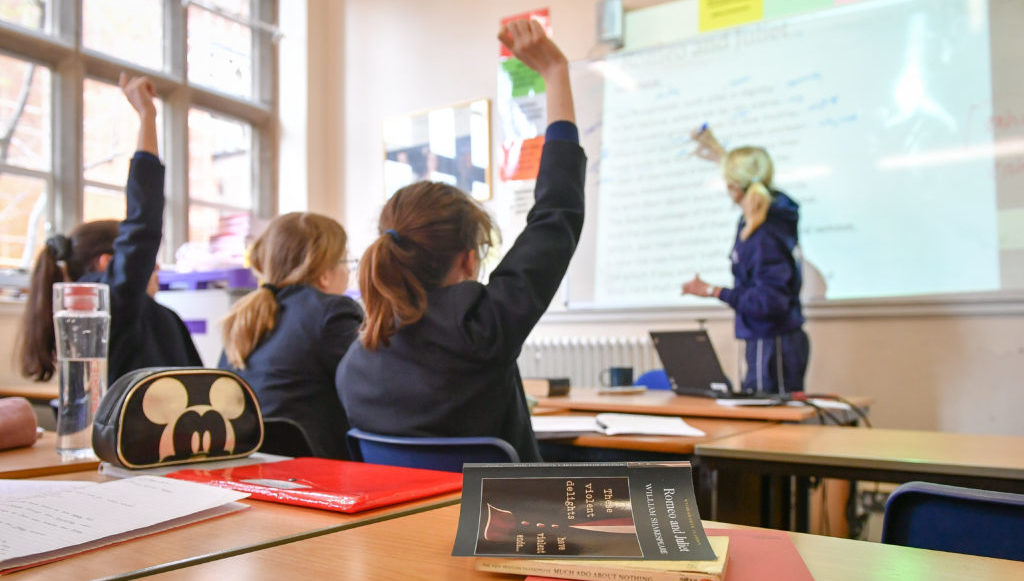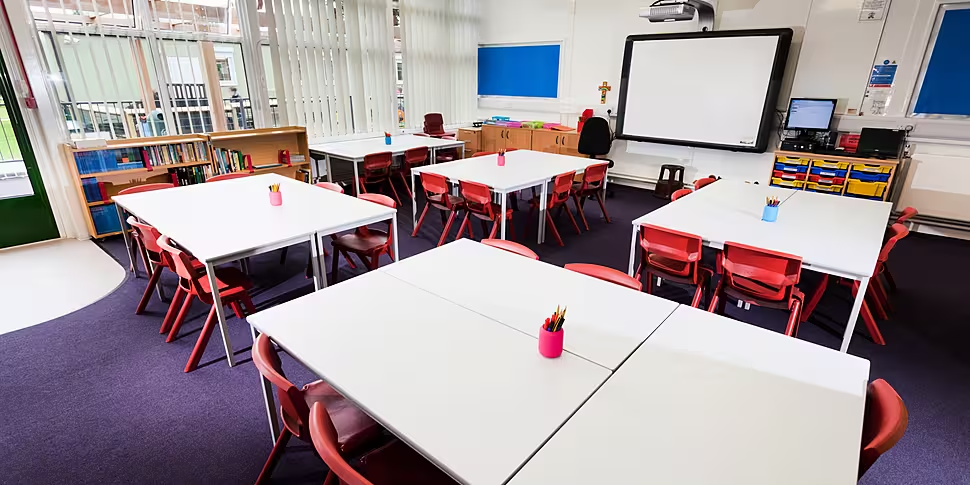With an increase in people working in hybrid or remote roles – is this having an effect on children’s school attendance?
The Chief Inspector of the school's watchdog in England, Martin Oliver, has said that the widespread change in working habits among parents is worsening school attendance.
So, with the growth of hybrid working does our education system need to catch up?
On Newstalk Breakfast, family psychologist and author Dr Richard Hogan said since the Covid-19 pandemic, the concrete norm around school has been cracked in children’s psychology.
“There's two main reasons you have to think about why a child mightn’t go to school,” he said.
“Of course, there's the emotional based school avoidance, which is particularly problematic for any child that's neurodivergent.
“You have to look at the environment of the house and the environment of the school - the house can be a really lovely environment to be in and of course, if parents are there and you're going out the door to school, that can be a really difficult thing for the psychology of your child.
“But then also, if the school is incredibly dull and arduous itself as an environment and particularly if you don't have any friends or you find lunchtimes problematic - you can see why a child would really start to struggle.”
 A woman sits at a home office table with a laptop. Picture by: Fabian Strauch/dpa
A woman sits at a home office table with a laptop. Picture by: Fabian Strauch/dpaDr Hogan said while it can be easy to give in and let your child stay at home, the moment you start doing that is when you get caught in a paradox.
“It's a positive feedback loop in psychology,” he said.
“Parents can start getting themselves caught in a real paradox with this thing - the more they avoid, the more they avoid, you know?
“I have to stress, if I'm speaking about a child who doesn't have an underlying issue, I'd be very careful to utilise avoidance, because you're feeding into their psychology - that moment when the avoid dopamine fires and all of a sudden they'll be looking for that more and more every Sunday night.”
 Teacher and students in a classroom. 12/09/18
Teacher and students in a classroom. 12/09/18Dr Hogan said he often hears of schools saying, ‘why don’t they just get them out of bed?’ – and pointed out that it’s not as easy as this.
“You go into a bedroom and you try to get a 16/17 year old out of their bed - it's near impossible,” he said.
Children’s school attendance is incredibly important, Dr Hogan said.
“Our children have to go off into the world and they have to compromise and they have to be able to manage the adult world,” he said.
“They have to get up first thing, six o'clock in the morning, put those feet on that ground to get out and go into work.
“None of us, at times, want to go in there and do that but we do it because we're so used to it – it’s about habit and understanding that you have to work and earn some money to pay for your family.
“So if we give children the message that that's kind of optional early on - that's a real rupture in their psychology.”
 Tired busy woman working on laptop at home with her children. Image: Alamy
Tired busy woman working on laptop at home with her children. Image: AlamyDr Hogan said we need to look at the education system and make it more appealing.
“We have to make the system that they're going into a little bit more appealing to them and a little bit more designed towards their uniqueness and their interests and what they're really interested in and all that kind of stuff,” he said.
“We have to look at that aspect too of it - What are they going into? What are they avoiding? What is so bad about the system?”
Dr Hogan also said that technology – specifically mobile phones – is a huge problem around children getting enough sleep and wanting to, or being able to, go to school in the morning.
The Department of Education’s Inspectorate report for 2021-2023 found that more than 25% of all primary school pupils and 20% of all second level students have missed 20 or more school days in the 2022/2023 school year.
Listen back here:
An empty classroom, Alamy









